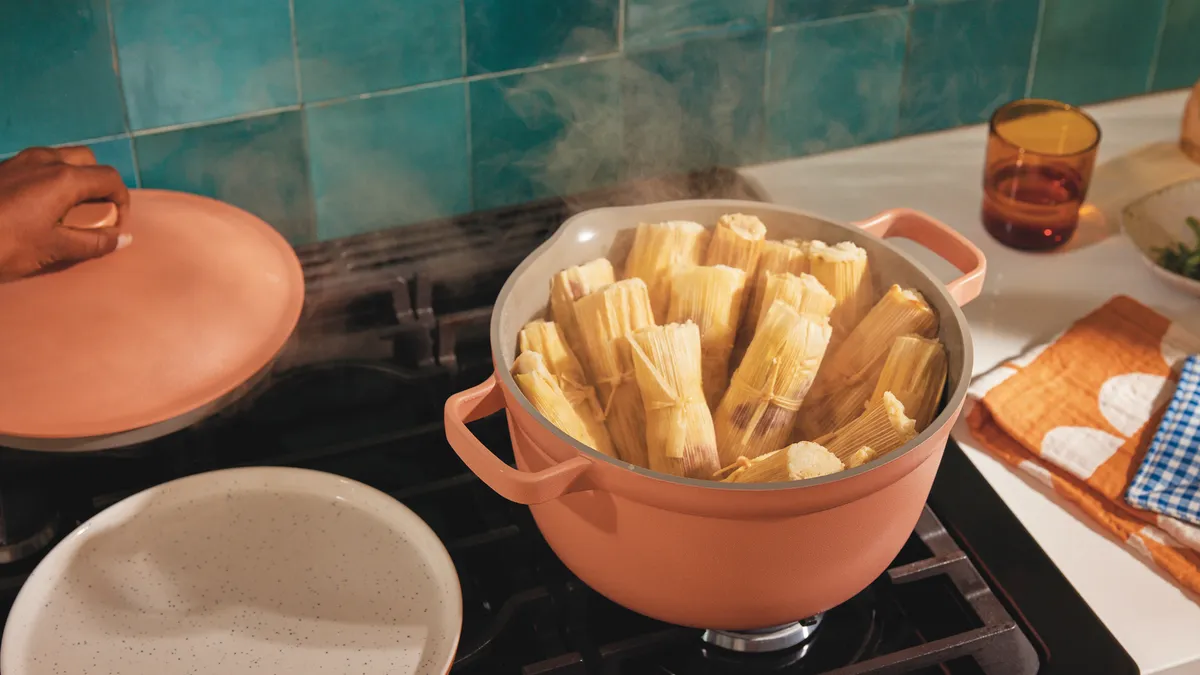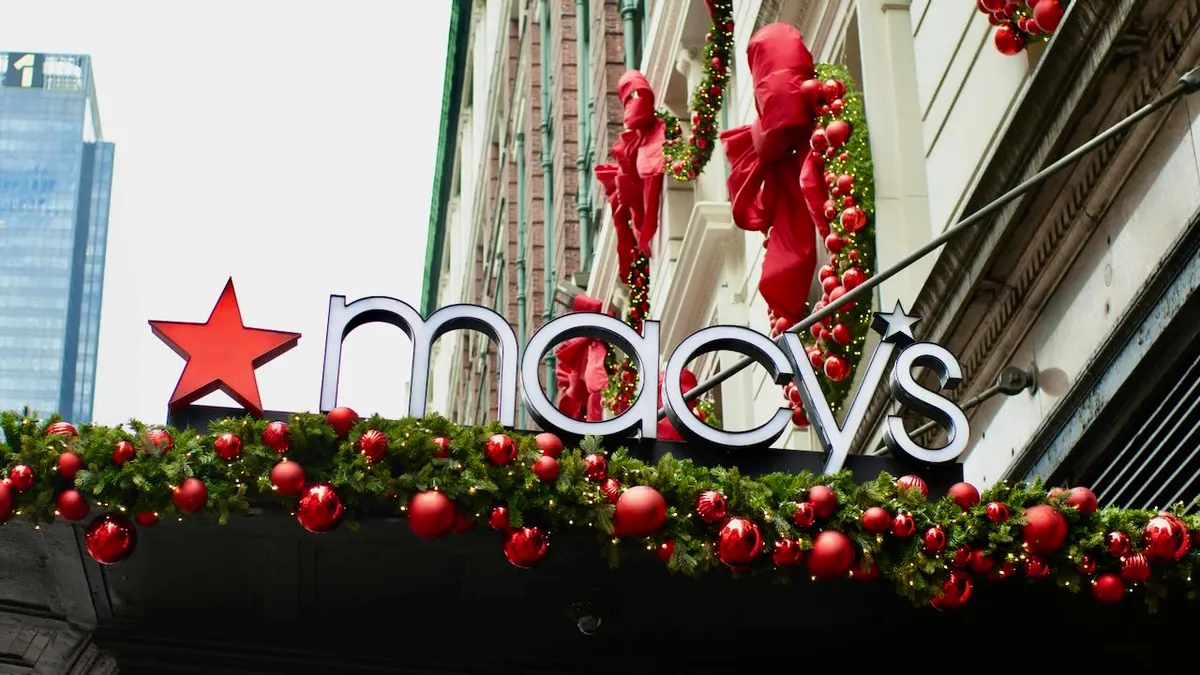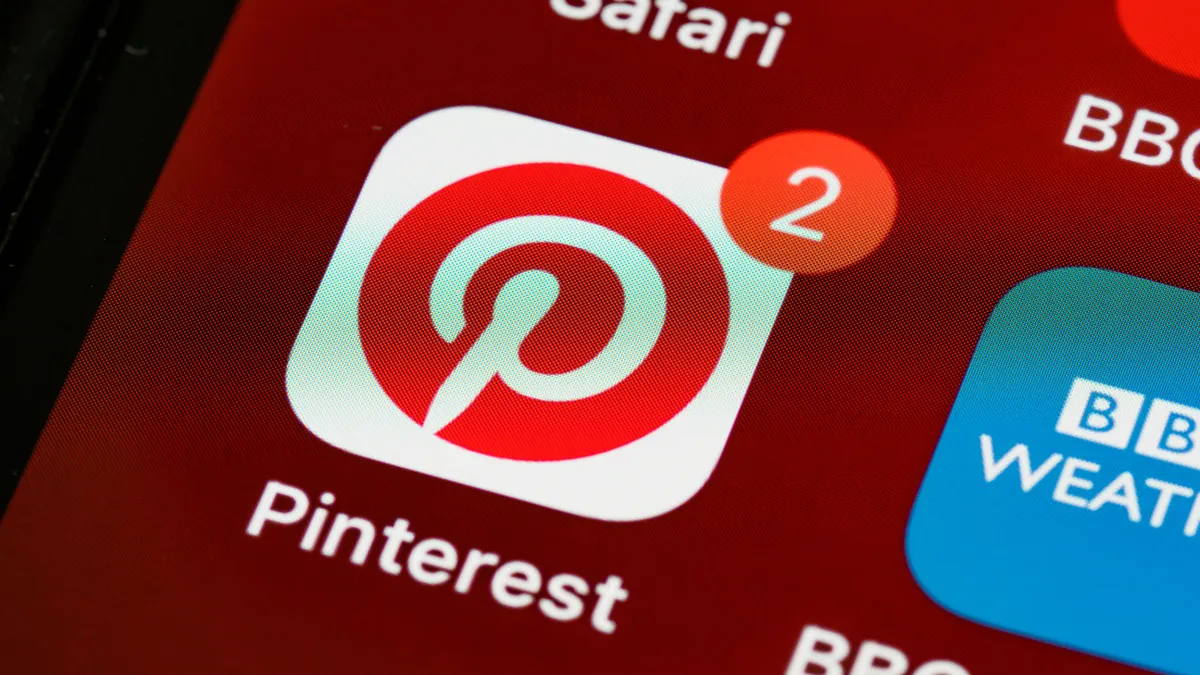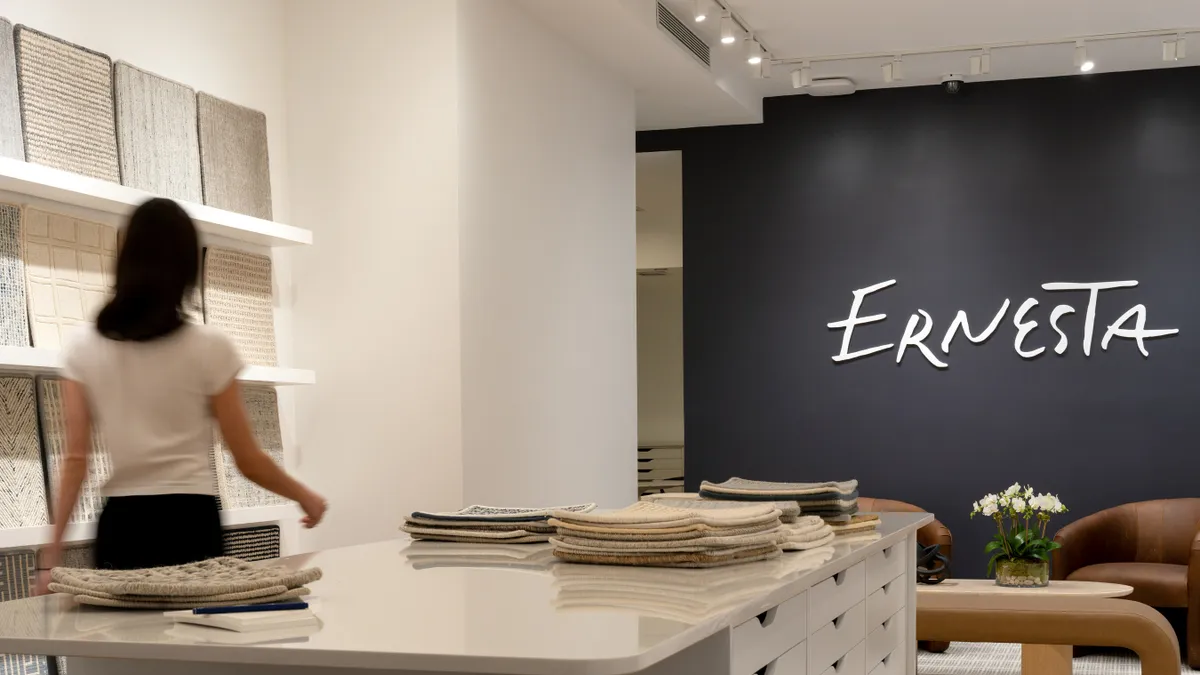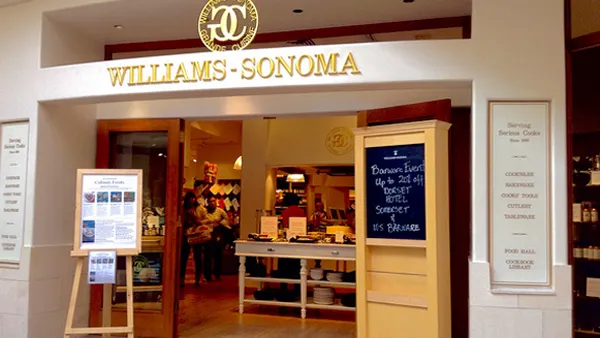When Our Place’s Shiza Shahid moved halfway across the world to the United States for school, she began to miss the flavors of her home.
Shahid’s mother — whose “ambitions were cut really because of her gender” — never taught her how to cook, wanting Shahid to focus on her studies instead, she said.
But when she started learning how to cook, Shahid was met with cookware sets that included innumerable pots and pans. Shahid wanted to re-imagine the role of cookware in consumers’ homes, sparking the idea behind Our Place.
“I'm an immigrant, my partner and co-founder is an immigrant. For both of us, we literally found our place in America by cooking and sharing food and having people come over and breaking bread together,” Shahid said. “We've always believed that home cooking is one of the most powerful ways to bring people together. When all else falls away, home cooking is where culture and identity and connection and belonging really live most deeply.”
Thinking back to her own experiences growing up — with two pots to handle all of her family’s cooking needs — Shahid sought out to create a product to help streamline cookware. And thus, Our Place launched the Always Pan, which the company says replaces eight items in consumers’ kitchens, including a fry pan, saute pan, saucepan and steamer. The product, coming in a range of aesthetically pleasing colors, quickly grew in popularity with a waitlist topping 60,000.
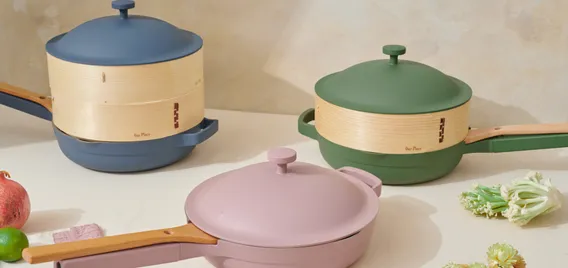
Our Place, which Shahid said is rooted in coming together around food, launched in 2019. But when the pandemic hit just a few months later, and in-person gatherings virtually came to a stop, Our Place needed to navigate how it fit into consumers’ new realities. The brand, like other retailers selling home and kitchen items, was boosted as consumers adjusted to spending more time at home.
“We found that people were actually finding connection and comfort through cooking. They couldn't visit their grandparents anymore, but they could call up their grandma and ask for her favorite biryani recipe and Zoom with her while they cooked it,” Shahid said. “I think the pandemic probably got more people to realize that they can cook and that cooking shouldn't be so scary or intimidating and in fact can be a source of reconnection and I think Our Place is the brand that best captures that.”
Now, following many other DTC brands announcing store expansion plans, Our Place is ready to step into physical retail.
Why physical stores were ‘always part of the plan’
Opening stores has become commonplace for digitally native brands over the years. And while some brands have turned to physical retail later in their lifespan than others, stores were “always part of the plan” for Our Place, according to Shahid.
The brand has formed wholesale partnerships in the past, including with Nordstrom, which allowed the brand to sell its products in the department store’s locations through shop-in-shops. But now, the brand is planning stores of its own: two locations in Los Angeles to open later this year and a store in New York to open early next year.
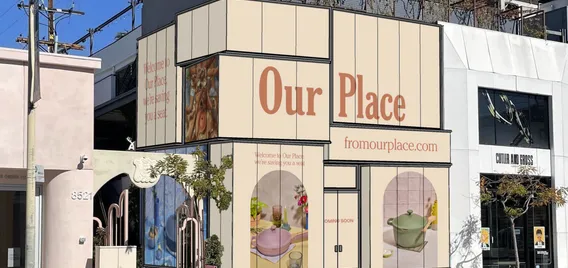
“One thing that I think we've definitely learned in the last few years is something that kind of fits the ethos of our business — and that's the importance of gathering in physical time,” said Will Williams, Our Place’s vice president of global retail. “I think we've learned things in the world about how technology and how online can absolutely be a resource in our lives during tough times … but we also realized that need and that desire for human connection.”
The first stores, which are scheduled to open in Q4 of this year, are located on Melrose Avenue and Abbot Kinney Boulevard in Los Angeles — two areas of the city that have attracted other DTC brands like Glossier and ThirdLove.
Shahid hopes that Our Place’s stores will “pay tribute to our values” by featuring things like family portraits to celebrate its team and community. The stores will also feature live cooking demos to show consumers the various uses of its products and spark inspiration for new recipes.
“Being offline is going to give us a chance to build relationships with customers that we've already met online in a different way,” Williams said. “It's going to give us an opportunity to continue to build that community with customers that we haven't met online, potentially. And our goal is that we're going to create brand channels that really allow us to meet our customers where they are, and still deliver the best experience.”
Williams — who has experience working with both traditional retailers and DTC brands like Tiffany, Michael Kors, Away and Ritual — believes the value in stores is long lasting.
“There'll be a place for physical retail for quite a long time. We, as retail leaders and retail brands, have to be really smart and continue to evolve to make sure that the physical experience is really delivering both value and experience to the community that we serve,” he said.
DTC brands need to realize that the sales opportunity will come from where the consumer is and what’s most convenient to them, Williams said. “That's really the name of the game: identifying the best service experience for the customers that we serve and identifying the value that we're exchanging for their time to walk into a retail store,” he said. “Sometimes that can be touching and feeling the product. Sometimes that can be having a conversation with a host in store and understanding better who we are as a brand.”
Stores often serve as an important marketing vehicle for brands that can ideally offset the high costs associated with acquiring customers online, which has sometimes hindered brands’ profitability. And while Our Place reached profitability just six months after launching, the value of a physical presence will still serve the brand, according to Shahid and Williams.
“The ‘why’ for us was really clear,” Williams said. “The ‘why’ was: We have such a bigger story to tell beyond what we can tell online. We have an opportunity. The ethos of our business is surrounded around bringing people together and telling cultural stories.”
While the company hasn’t set a number on how many stores it intends to open, Shahid said she hopes to eventually have a presence wherever the brand’s consumers are.
“We're not rushing into trying to hit a number. We're very excited about the retail, we're really excited about the impact of retail for our business, and this is not going to be a one-off store,” Shahid said. “That being said, this is a new initiative for us. We're scrappy entrepreneurs and we really like to dig in and figure things out and then replicate them.”



